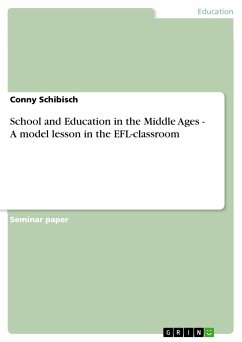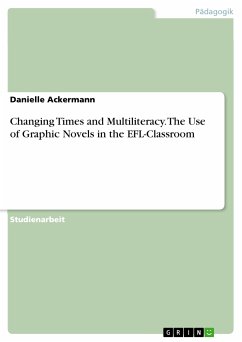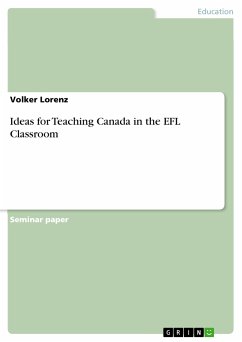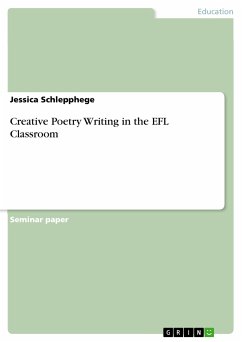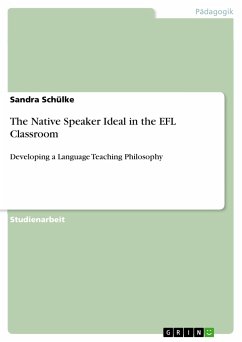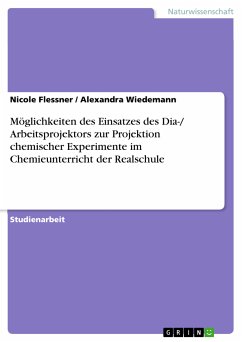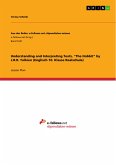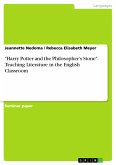Seminar paper from the year 2003 in the subject Didactics for the subject English - Pedagogy, Literature Studies, grade: 1,0, University of Dusseldorf "Heinrich Heine", course: Didaktisches Hauptseminar: Teaching Medieval Literature from Medieval Times to the Early Renaissance, language: English, abstract: This paper will deal with a model lesson on school and education in the Middle Ages (=MA) and Early Renaissance1. It is an approach to show that not only classical topics should have a place in the EFL-classroom. After showing the reader the relevance of teaching the MA in general in class there will be an intense inside look on the educational situation in England in the time roughly between 1000 and 1600. The main focus will not be the exact development of education and educational institutions during the medieval period, but it will be the analysis of the different types of education and ways of teaching different genders. These descriptions and analyses will turn out to be the background for the didactic approach to four model lessons on this topic in the EFL-classroom. As there are no explicit drafts of how to deal with school and education in the MA in the English classroom the approach cannot be proved on theoretical background. All ideas for texts, exercises and teaching material are purely theoretical and cannot be found as a collection in didactic literature. Therefore it is only speculation if the way the topic is illustrated here will work in real life. The model lessons presented here will be embedded in a series of lessons dealing with the MA in general because “(…) the student will benefit from a holistic, integrated picture of the Middle Ages - or of anything else, for that matters - than from a loose collection of assorted but unrelated bits of knowledge. Meaningful learning is based on understanding relationships and contexts, not on the acquisition of unconnected facts. Meaningful learning is contextual learning.” After talking about different aspects of the MA e.g. about society, literature and history the pupil will have a good impression of this period and may see and understand connections between those days and the time they live in.

